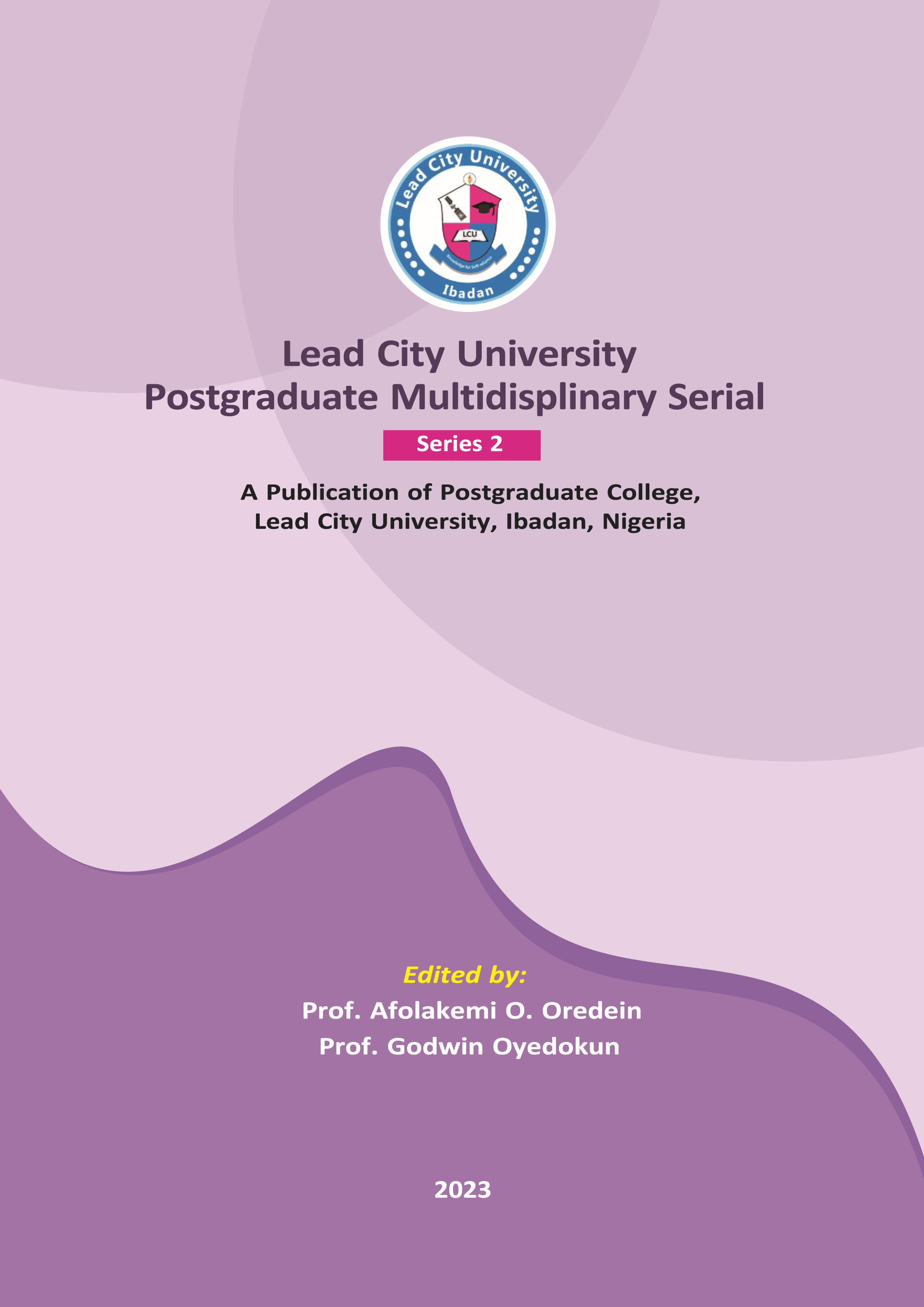Institutional Empowerment Strategies for Academic Service Delivery Sustainability in Nigerian Private Universities
Keywords:
Institutional Empowerment Strategies, Academic Service Delivery Sustainability, Nigerian Private UniversitiesAbstract
Every modern organization particularly in the private sector that desires sustainability must ensure
effective and efficient service delivery. It is also the general belief that the private sector led
economy is usually more efficient and sustainable given considerate government support in terms
of enabling laws and infrastructure. The Nigerian university system currently has 111 private, 49
federal and 57 state approved universities by the National Universities Commission (NUC).
Therefore, one would naturally expect the private universities in Nigeria to offer the best in terms
of attaining the university goals of effective teaching and learning, multi-disciplinary insightful
researches towards providing potent solutions to national woes as well as all inclusive and
impactful community service delivery. However, the current reality does not reflect expected
outcomes from private universities despite outnumbering the public universities in Nigeria. No
university in Nigeria was among the best Ten (10) in Africa nor among the best Three Hundred
(300) globally in the 2022 rating of universities across the globe. This paper used qualitative
approach to identifying and finding solutions to problems bedeviling attainment of quality service
delivery in private universities in Nigeria. The paper also suggested measures through which this
disheartening service gap could be minimized or eliminated through enhanced institutional
supports to academic workforce in this educational subsystem.

